We are partnering to convert continuously-updated unstructured notes from disease cohorts into useful structured data using AI tools. This conversion will make it easier to analyze clinical data for all types of medical research.
Converting clinical notes into structured data
Converting clinical notes into structured data
Overview
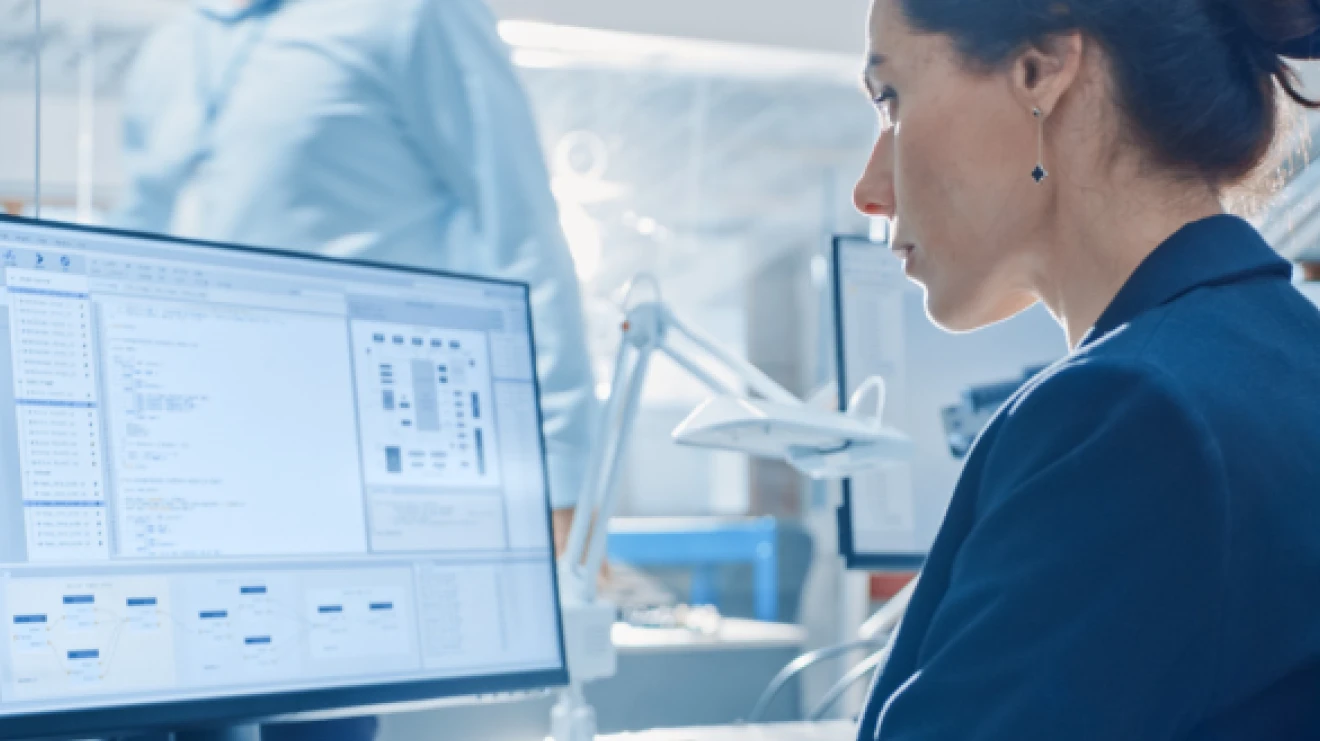
Challenge
Unstructured notes are a powerful tool to understand patient journeys and contextualize diagnostic codes present in structured electronic health record (EHR) data. Relative to structured data, notes are typically quite extensive; this is useful because they may contain important information, but also can make them time-intensive to organize and parse.
Artificial intelligence (AI) and machine learning (ML) tools can be used to extract relevant unstructured information from notes and convert it into structured data that can be easily analyzed. One challenge is that extractions require significant structured EHR and unstructured note data, along with expertise about cohorts to include for AI and ML tools in order to maximize their utility.
At a Glance
11 yr
average length of clinical data
Live dataset
additional data every 6 months
Longitudinal
data temporality
Our Impact
NashBio is partnering to use AI and ML to convert our extensive notes into structured data for cohorts that can be used for medical research. Given that our dataset is enriched in clinical phenotypes, it’s ideal to generate different cohorts that benefit from note extraction given their importance in diagnosis. This includes migraines, ulcerative colitis, and asthma; cohorts can be further refined by our clinical team to ensure they’re best-suited for AI and ML processing.
Importantly, our longitudinal dataset is frequently updated with new patients and recently-collected records, which allows for more data to be extracted for analysis. Linkage with claims data is also possible, which can provide a more comprehensive view of the patient journey.
This work will significantly improve multiple facets of the RD pipeline, from foundational research all the way to post-market analysis.
Nashbio Differentiators
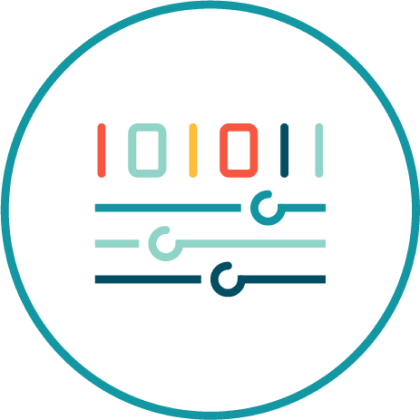
Enriched Phenotypes

Strategic Partners
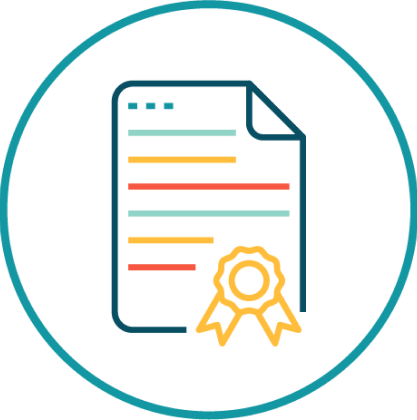
Industry Experts
Our Impact
NashBio is partnering to use AI and ML to convert our extensive notes into structured data for cohorts that can be used for medical research. Given that our dataset is enriched in clinical phenotypes, it’s ideal to generate different cohorts that benefit from note extraction given their importance in diagnosis. This includes migraines, ulcerative colitis, and asthma; cohorts can be further refined by our clinical team to ensure they’re best-suited for AI and ML processing.
Importantly, our longitudinal dataset is frequently updated with new patients and recently-collected records, which allows for more data to be extracted for analysis. Linkage with claims data is also possible, which can provide a more comprehensive view of the patient journey.
This work will significantly improve multiple facets of the RD pipeline, from foundational research all the way to post-market analysis.
Nashbio Differentiators
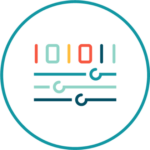
Enriched Phenotypes

Strategic Partners
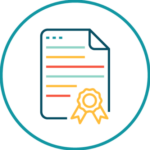
Industry Experts

Identifying drug targets for pain relief

Leveraging multimodal data to analyze cardiomyopathy

